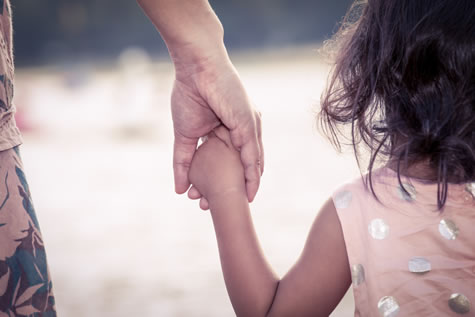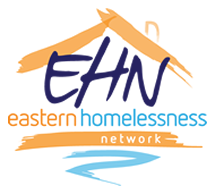 Children & Parenting
Children & Parenting

Homelessness affects Children and Parenting
Despite popular belief, children are one of the largest groups of Australians experiencing homelessness. In fact, children under the age of 18 make up 27% of people experiencing homelessness (ABS, 2012). In 2015-16, approximately 4,000 people presented to a homelessness service in the eastern region with one or more children.
Homelessness can affect children in different ways. Children don’t necessarily see homelessness as whether they have a house, but rather the level of connectedness to family, the presence or absence of fear and feelings of instability and insecurity. (Keys. C, 2009, Children and Homelessness: literature review)
Statewide Children’s Resource Program (CRP)

The Statewide Children’s Resource Program (SCRP) advocates for and assists practitioners in homelessness support and other non-government services to respond more effectively to the needs of children who have experienced homelessness and/or family violence.
Regional CRP Representatives
Each region across the state of Victoria has a Children's Resource Program Representative who offers flexible and tailored support to agencies. This includes regional information; training; support and resources; and promoting best practice to those working with children in homelessness and support services. They also administer the Children's Brokerage Funds.
Sector News
The EHN Practitioner Meetings provide a great opportunity for practitioners and allied services to come together to share information and ideas and to enhance your professional networks. We have a broad range of speakers from a range of complimentary services discussing topical issues; programs and new initiatives.
Training
Specialist Homelessness Services (SHS) Training
Council to Homeless Persons (CHP) is the new provider of the SHS Funded Training (taking over from Wodonga TAFE in 2019)
The SHS Learning Program is a central portal for training and educational resources for workers in the Victorian Specialist Homelessness Sector (SHS). The program contains a mix of live training sessions, self-directed eLearning courses and other useful resources.

Client Supports and Activities
Proudly run by Family Access Network and funded through City of Whitehorse.
For mums 25 and under.
All Welcome: Pregnant, Newborns, Toddlers, Children or;
If your child is at care, living away, or at school we invite
you to enjoy the social side!
Research and Reports
In late 2021, The Salvation Army did a nationwide Social Justice Stocktake to get to the heart of what people were seeing in their local communities. From there, they built a map of social justice priorities across Australia.
Practitioner Resources
Updated October 2025
Developed by the Eastern Regional Coordinators Group the aim of this resource is to assist workers across Inner- and Outer- Eastern Melbourne to navigate the various health and community support sectors, for the benefit of the people (consumers and carers/families) that they work with.
The guide will also assist providers to understand key entry points to the various service sectors.

